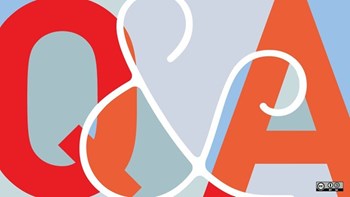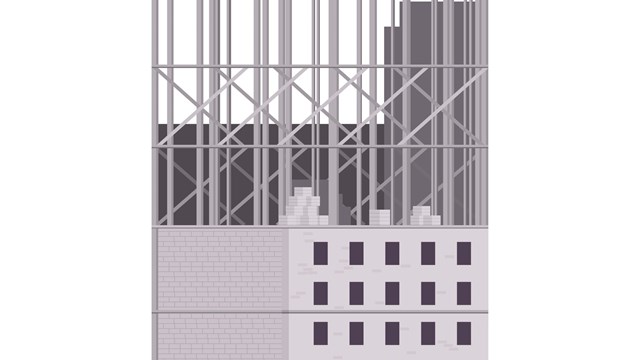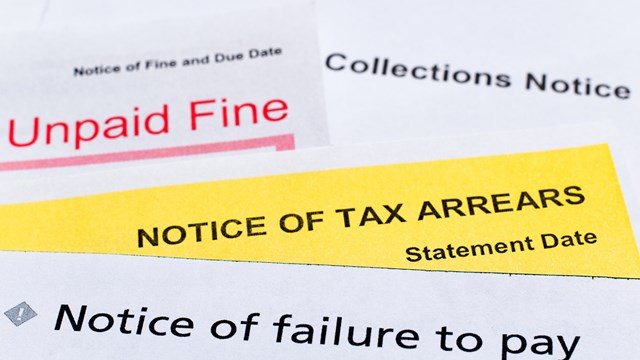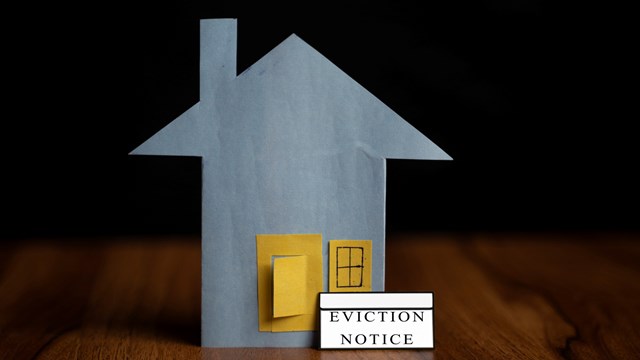
There are a couple of factors we’d like some guidance on: our bylaws state that a board member must be “in good standing” in order to attend meetings and vote on issues affecting the building. Though the wording is somewhat vague, we feel that “in good standing” includes being up-to-date with maintenance payments, and given this board member’s arrears, he should not be attending meetings and weighing in on building decisions. Is this a correct assumption?
The larger issue is, what options are available to us to recoup this money? We’re a small, relatively tight-knit building, and this board member has done a good job on our behalf in the past—none of us has the stomach to launch a lawsuit or begin foreclosure proceedings against a neighbor. On the other hand, we have a couple of expensive repair projects coming up, and that missing $7,000 would be very useful to us. Every other owner in the building is current with their payments, and it hardly seems fair that they should be subsidizing this owner’s maintenance for month after month. What’s the most effective course of action to take here?
— Nervous Board Member
A “According to your question, your governing documents require board members to be in good standing to participate in board decisions,” says Deborah S. Dunn, an attorney with the Lawrenceville, New Jersey-based law firm of Stark & Stark. “Good standing is usually defined in the governing documents to mean being current on maintenance fees, or a very limited period of time overdue. Although you should be guided by your specific governing documents, generally, a provision such as the one that you reference relates to voting by owners at open meetings. Unless the governing documents clearly state otherwise, the good standing restriction would not apply to board members and their ability to vote during an executive session or otherwise participate on the board.
“With respect to the removal of a delinquent board member, governing documents often only allow for the removal of a board member by a vote of the entire community and not by the board acting on its own. The general proposition is that boards are allowed to do only that which they are authorized to do by the governing documents and are not permitted to remove a fellow board member or prohibit a fellow board member from voting, except as expressly authorized. Absent a specific provision that bars a delinquent owner from serving on the board because of an arrearage, any attempt by the board (without a vote of the community) to restrict a sitting board member’s activities because of arrearage would likely be invalidated by a court. The board could take the position that being on the board is a privilege and implement a formal policy via resolution/rule and regulation whereby a delinquent board member’s service is restricted or suspended during periods of time when the member is delinquent.
“With that said, while I’m sure that the work that this owner/board member has done for the community is appreciated by all, the board has a fiduciary obligation to the entire community to ensure that all maintenance fees are collected from all owners. It is also important that the board not show favoritism or establish a precedent which could impair its ability to collect maintenance fees from this or other owners in the future and should certainly pursue collection efforts against this and all other delinquent owners.
“There are several options available to you to assist in collecting arrearages. First, and most importantly, it is critical to record a lien against the delinquent owner’s unit. Recording a lien against the debtor is not the same as initiating a lawsuit and does not mean that the board has to foreclose on the lien. Filing a lien is important, however, because it secures the debtor’s obligation to pay at least part of the monies owed. A lien will also ensure that the association will get paid prior to any transfer of title in the event the unit is sold by the debtor. Before recording a lien or initiating other collection efforts, the board should consult an attorney to ensure that its efforts comply with the associations governing documents and governmental regulations, including, but not limited to the Fair Debt Collection Practices Act.”






Comments
Leave a Comment